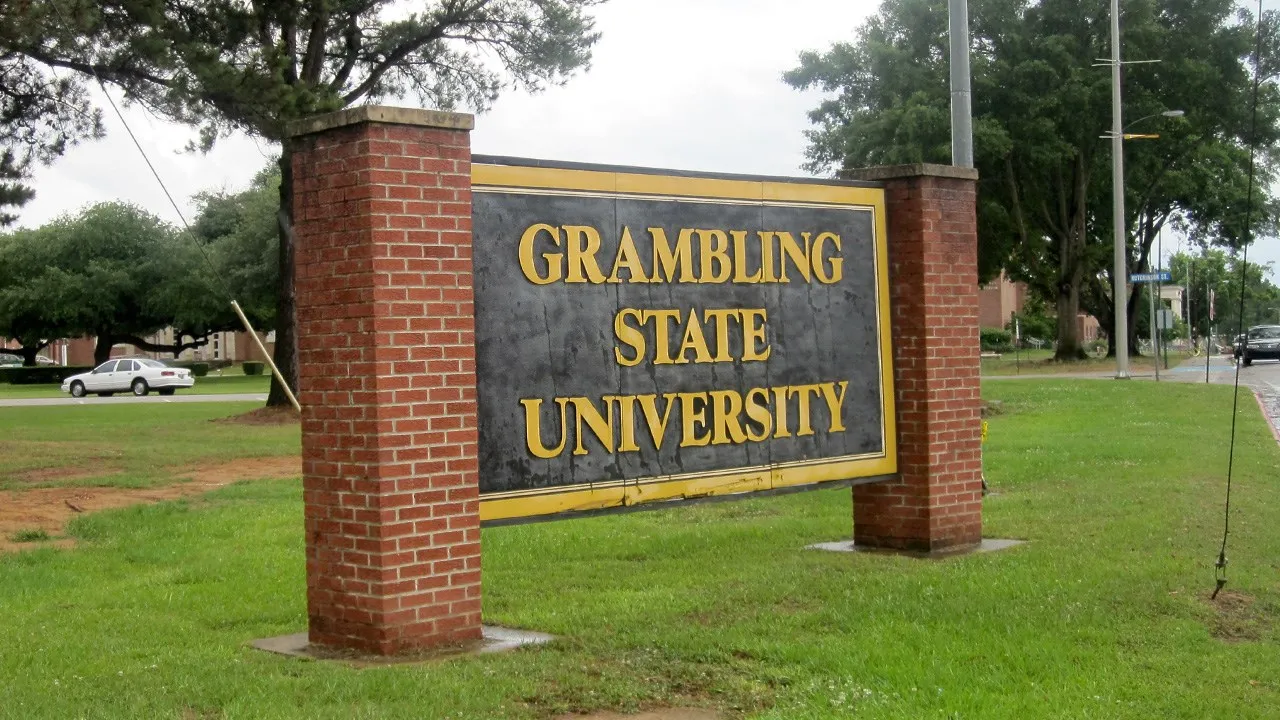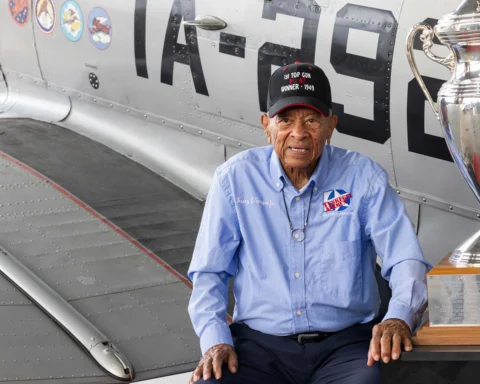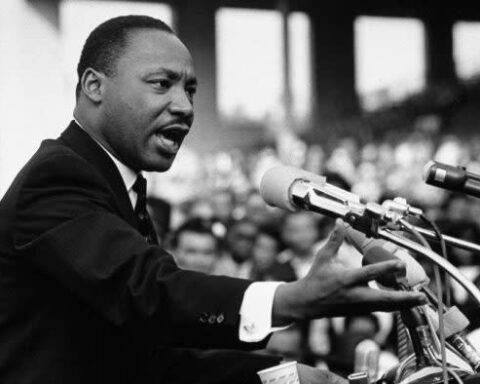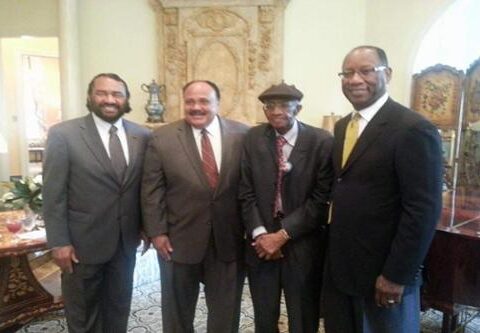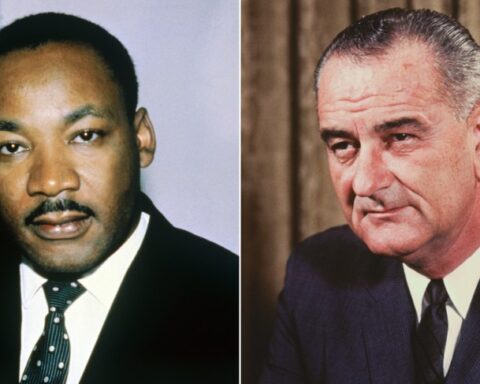Written by Grambling State University
Longtime friendships often lead to long-lasting effects and impacts, sometimes even after those friends are deceased.
That was the case in the friendship of former University of Louisiana at Lafayette President Joel L. Fletcher and former Grambling State University (GSU) President Ralph Waldo Emerson Jones who first met in the late 1940s to early 1950s.
And that friendship is now being commemorated and honored by an impactful $100,000 scholarship endowment Fletcher’s grandson Paul Nevels established to be presented to a GSU student enrolled in the College of Education’s Call Me MiSTER program.
The Call Me MISTER (Mentors Instructing Students Toward Effective Role Models) program’s mission is to increase the pool of available male teachers from a broader more diverse background, particularly among the state’s lowest-performing elementary schools. Student participants are largely selected from among under-served, socio-economically disadvantaged, and educationally at-risk communities.
“I think an important thing about both my grandfather and Dr. Jones is that individual success wasn’t really a big thing for either of them,” Nevels said. “They were both more interested in the success of opening doors to help others achieve success. And that just really comes back many times more helping others achieve success in their lives than it did in the awards and honors both my grandfather and Dr. Jones achieved over the years.”
“And I really think my grandfather would really like the choice of helping Grambling’s Call Me MiSTER program. That was the kind of cause he believed in all the way back to the Great Depression, when he developed a work study program for kids who didn’t stand a chance of going to college otherwise. He got them work on a dairy farm and then the National Youth Administration developed under President (Franklin D.) Roosevelt’s administration found out about it and implemented it for the first time on a nationwide basis.”
Fletcher, who was born in Natchitoches and raised in Ruston, went to Lafayette in 1920 to teach and later lead Southwestern Louisiana Institute’s agriculture program and, for 25 years starting in 1941, to serve as the university’s president.
Jones, the grandson of a slave but the son of a college administrator, was born in Lake Charles and worked his way north by way of Southern University for his education and Grambling for his life’s work.
In 1926, when Jones arrived in Grambling, the school had 120 students and was called Louisiana Negro Normal and Industrial Institute. He taught chemistry, physics, and math and was the registrar and dean of men before he rose to president.
Jones served as Grambling State’s president for 41 years, starting in 1936, while also coaching baseball and beginning the university’s band program.
A paper that Fletcher developed in the early 1950s and now resides in the UL-Lafayette archives is titled “Some of the Needs in Negro Education in Louisiana,” and promoted greater investment in historically black colleges.
Files in the UL-Lafayette archives reflect Fletcher’s personal efforts in collecting data and information about Southern black high schools and black college campuses as far away as Virginia, indicating that he was invited to speak on the topic in early 1951 to the Rotary Club in Lake Charles, and that his research after that time showed his continuing interest in the topic.
In his 24-page paper, Fletcher made numerous mentions of Grambling, its successes in supporting public education in communities around the college, and its specific needs that were not being met by state funding. Those needs included better facilities, clinics to develop communication skills, trained librarians, greater opportunities for professional growth for teachers, workshops for principals, and more generous sabbatical leave.
At the bottom of a typewritten letter from Jones to Fletcher dated Oct. 9, 1950, letter to Fletcher, Jones added a handwritten message — “You are one of the best friends that I have.”
More than 80 years later, the impact of that friendship is still being felt at GSU.

